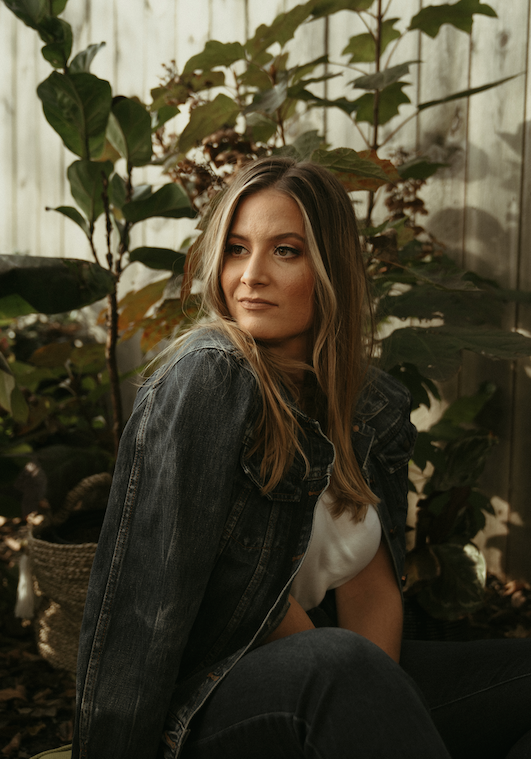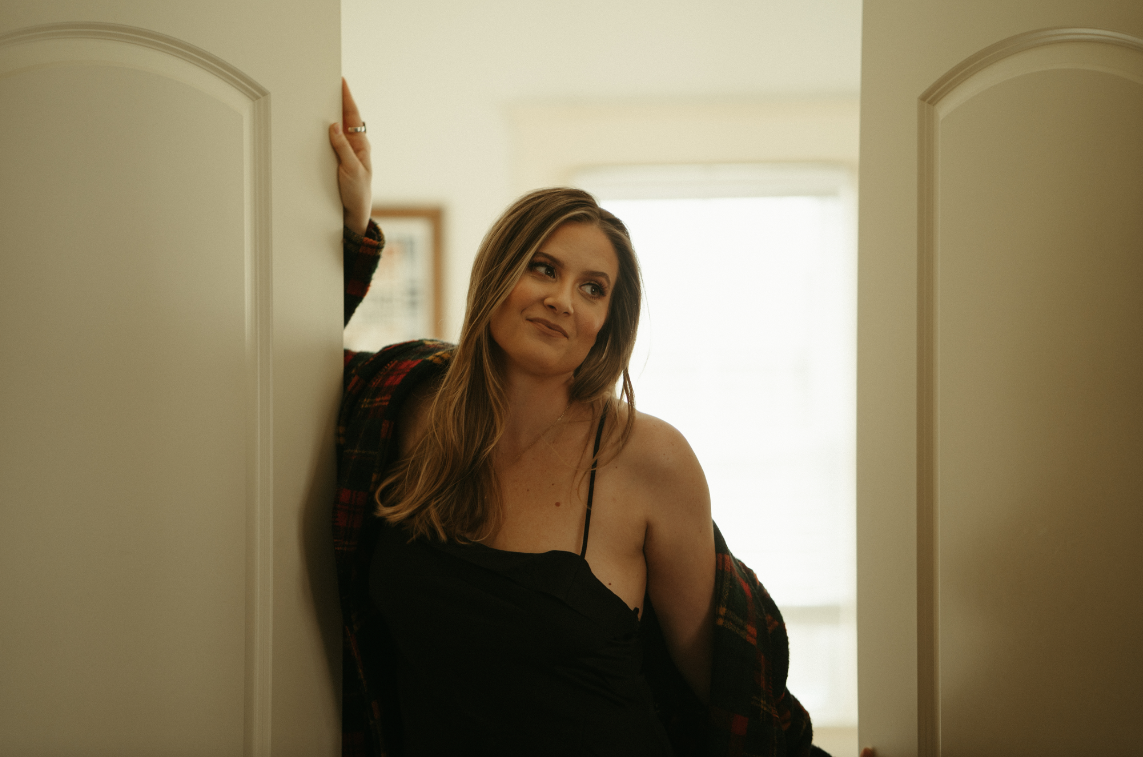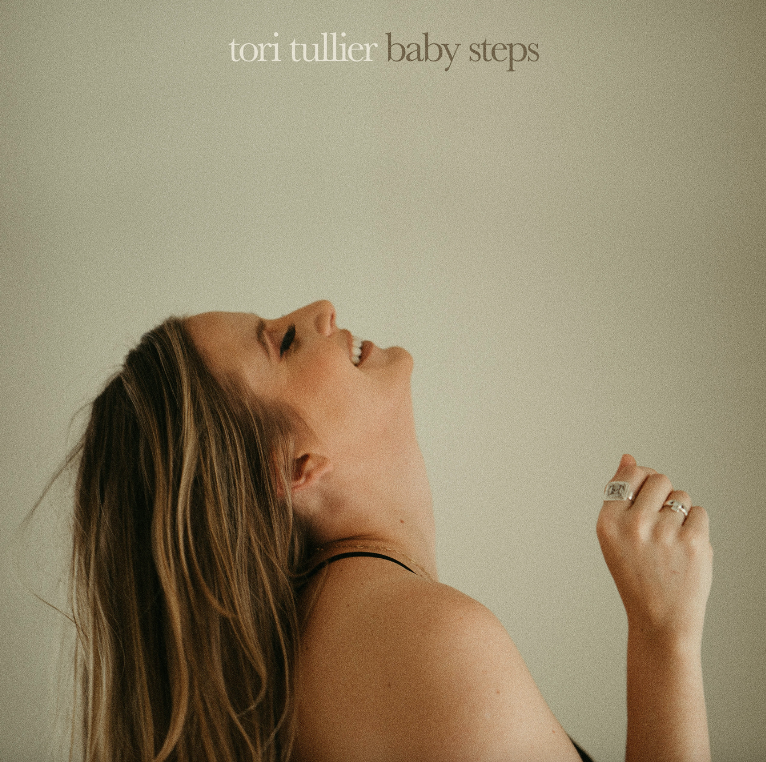Award-winning singer-songwriter Tori Tullier has just released her debut EP, Baby Steps, featuring six songs written entirely solo. The self confessed “late bloomer” explains why after writing for others for a decade, she’s found her own voice.
You’re originally from Annapolis and are now based in Nashville, where you’ve lived for 11 years. Did you feel the irresistible pull towards this hub of songwriters and creativity?
I moved to Nashville in 2011, which was right after I graduated college. I had done an internship in Nashville the summer before at Warner Brothers in their A&R department, and it was a really cool time to be here.
It was the summer that Miranda Lambert’s The House That Built Me was a big song, and I just fell in love with the magic of it. I honestly didn't really know that it existed and that there was this whole ecosystem of songwriters. As soon as I found it, I was like, “That's where I need to be”.
Who were your musical inspirations when you were growing up?
Also sorts of different stuff. My dad is a musician and my mum loves music, so music was definitely always a big part of our lives and was always on when we were cooking dinner.
James Taylor, Carole King, Burt Bacharach were probably my favourites when I was younger – just all those really classic songs. Then as I grew up, I found my own things like Ben Folds.
What was the first piece of music you bought with your own money?
My favourite CD as a kid was definitely Abba Gold, which I didn't purchase, but I definitely wore out! When I could buy something with my own money, I feel like it might have been Vanessa Carlton's first album – the one with A Thousand Miles on it.
I was a big fan of hers and that song. Just from a piano player's perspective, I had never heard anything that sounded like that. I was like, “Oh, my gosh, I need to own this”.



